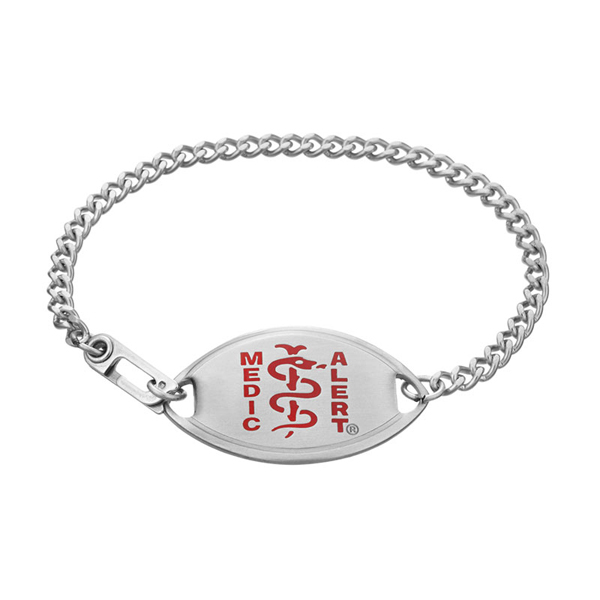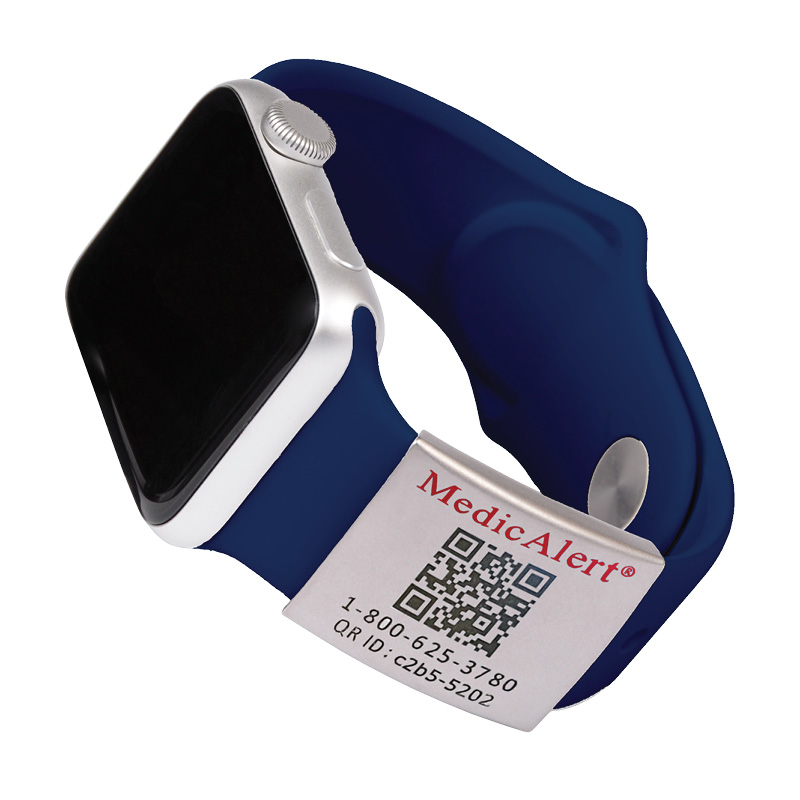A question we’re frequently asked is: “Are medical IDs FSA or HSA eligible expenses?” Good news – the short answer is yes!
More than 300 million Americans have some kind of health insurance, but most programs don’t cover all medical expenses, and some programs barely cover the basics.
But there’s good news for the many Americans living with chronic medical conditions. If you have an FSA or HSA account, a medical ID is a covered expense.
According to FSAStore.com, “Medical alert bracelets are eligible for reimbursement with a flexible spending account (FSA), health savings account (HSA), or a health reimbursement arrangement (HRA). Medical alert bracelets are not eligible with a dependent care flexible spending account (DCFSA) or a limited-purpose flexible spending account (LPFSA).”
Read more about how to use your health savings account to pay for your MedicAlert ID, and learn about the different types of health savings accounts.




